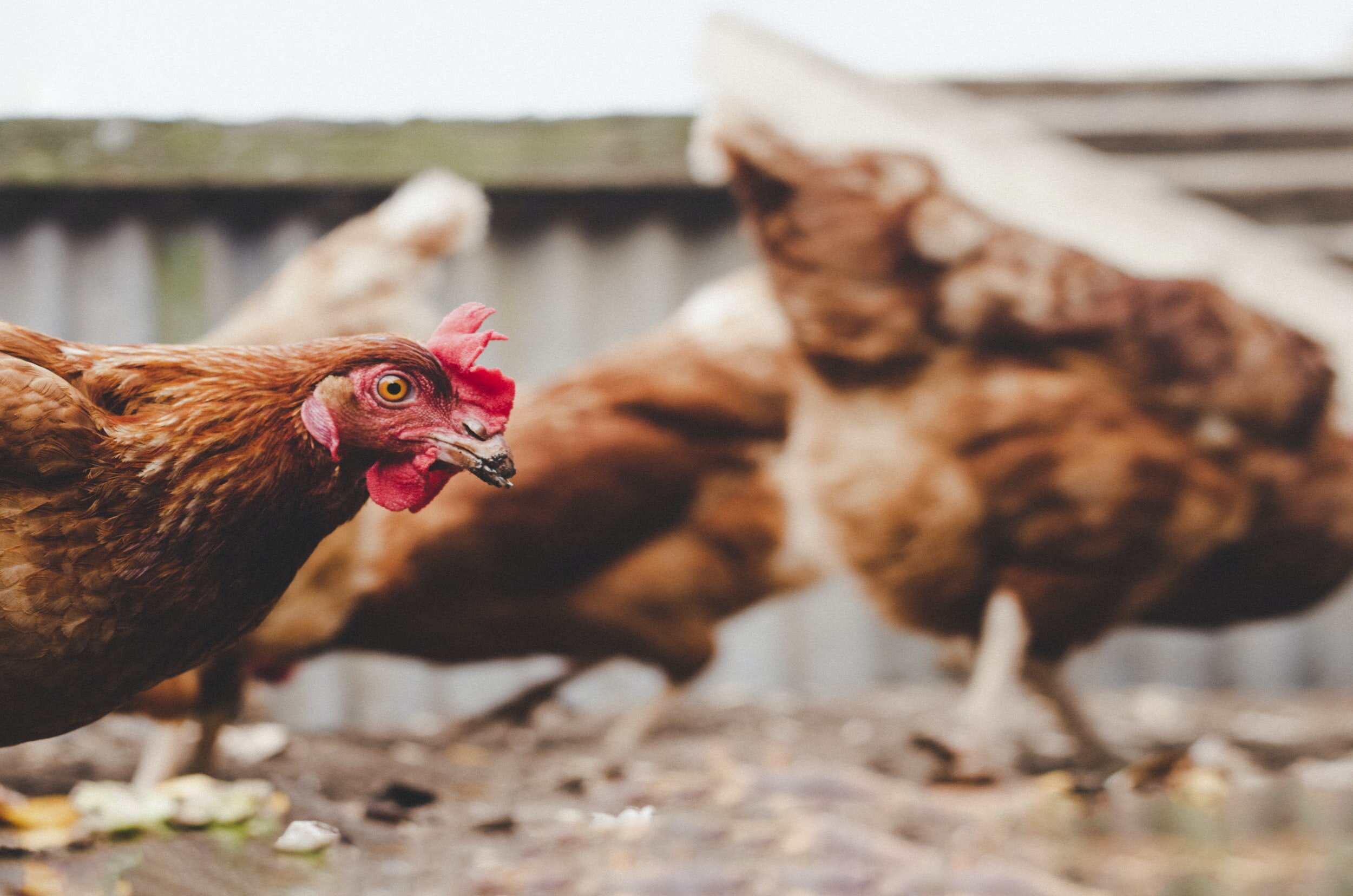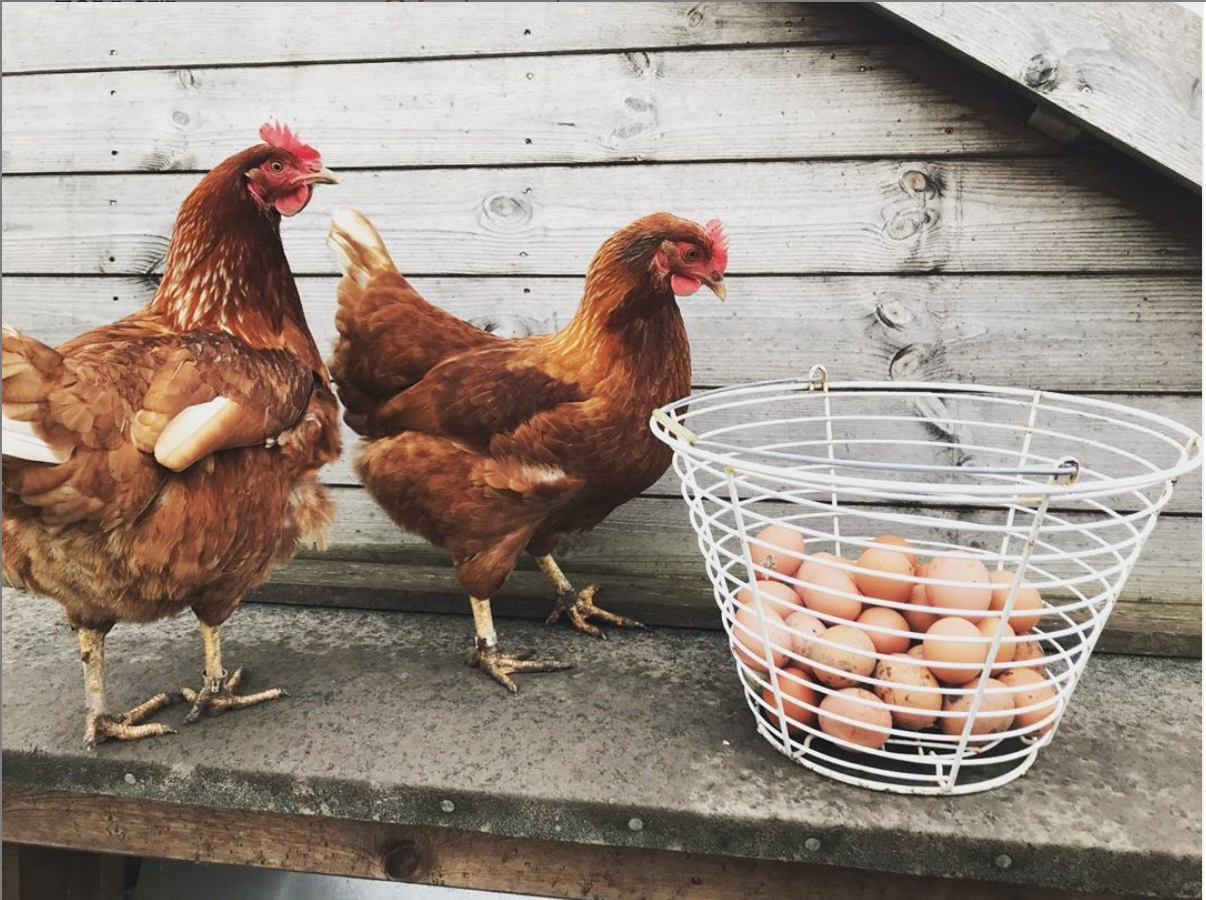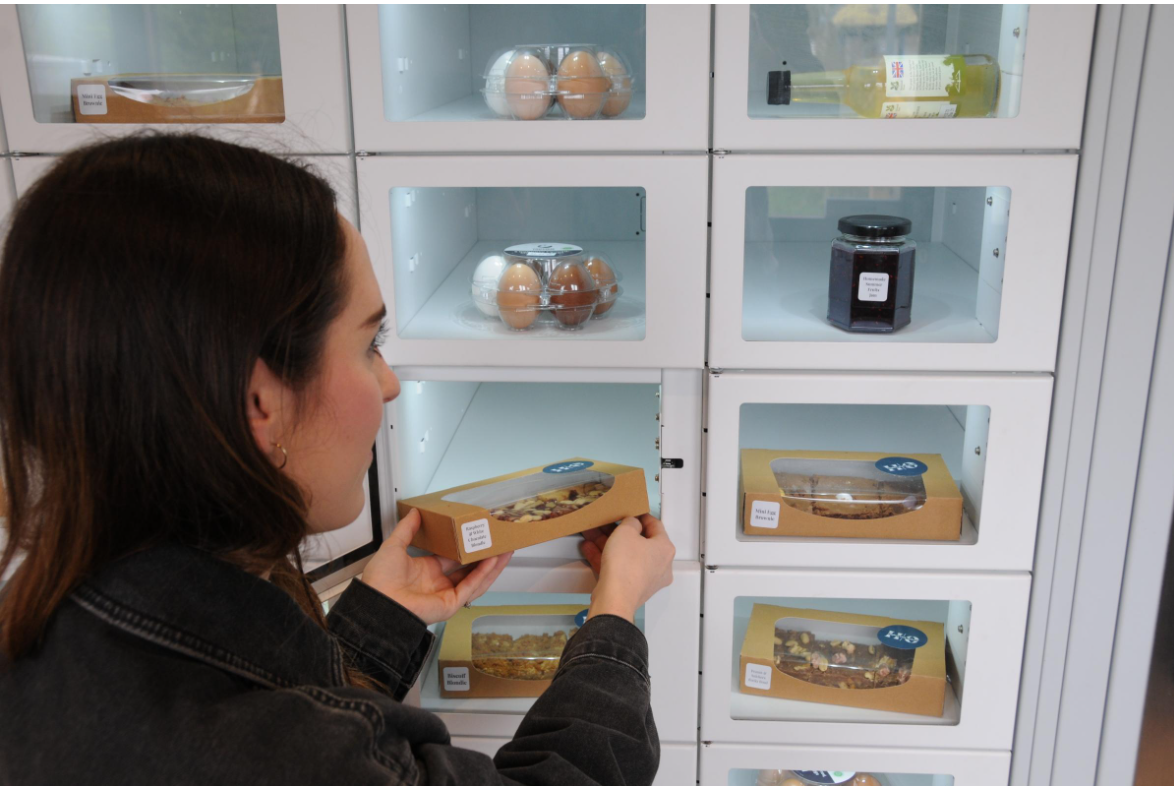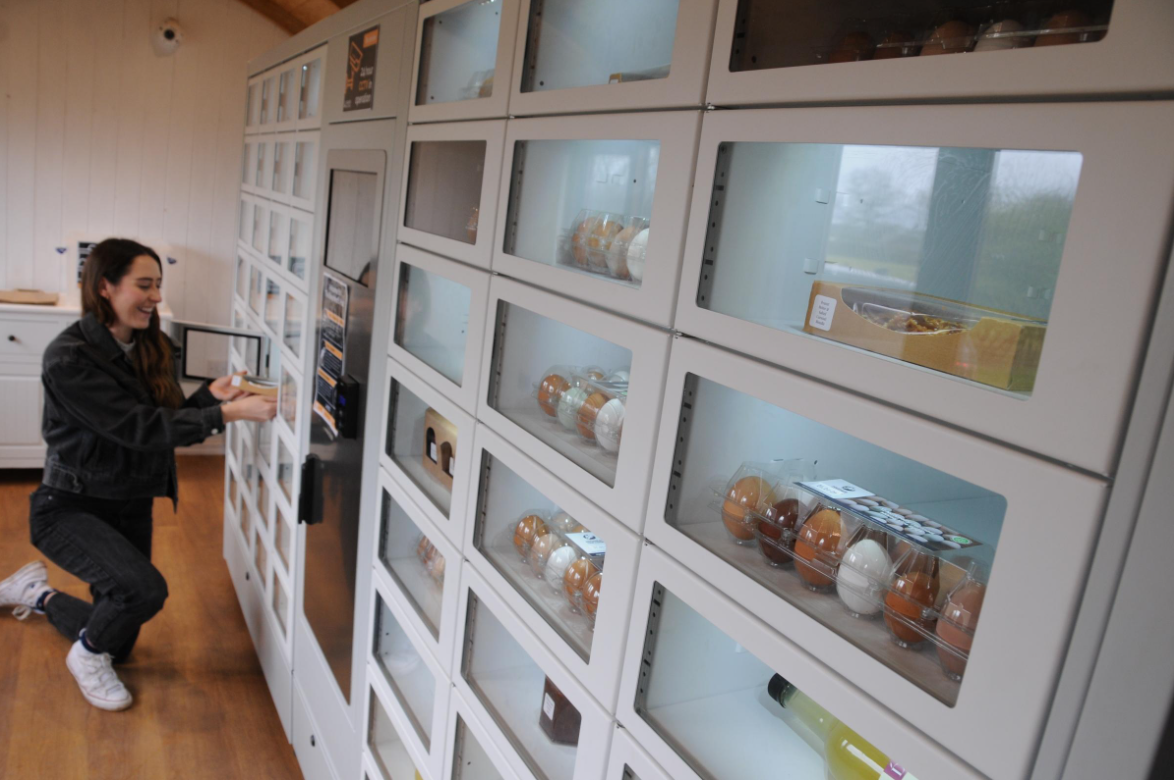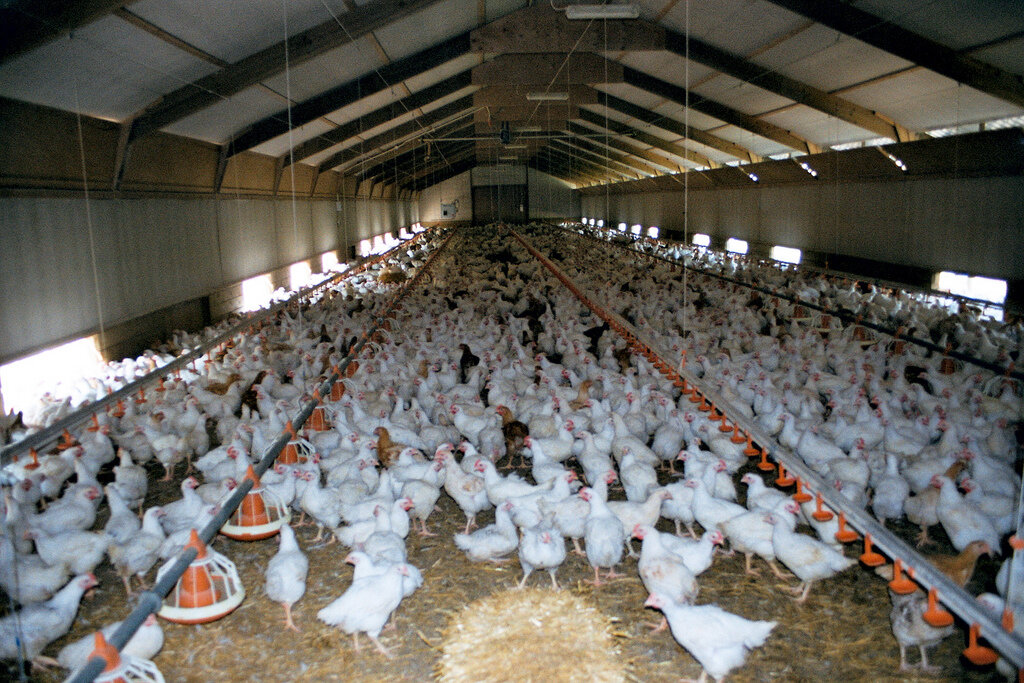Raising rare breed chickens is a rewarding endeavour that allows us to connect with nature and heritage while preserving unique genetic strains. The journey from hatching to adulthood is a fascinating one, requiring careful attention and dedication at each stage. In this blog post, we will explore the different stages of a rare breed chicken's life and the specific care they need along the way.
1. Hatching Stage
The journey of a rare breed chicken begins in the incubator or under a broody hen. During this stage, optimal conditions are crucial for healthy embryo development:
Temperature and Humidity: Maintain a consistent temperature of around 99.5°F (37.5°C) and humidity levels of 50-60%. Fluctuations can lead to developmental issues.
Turning Eggs: If using an incubator, turn the eggs several times a day to prevent the embryo from sticking to the shell and ensure even development.
2. Brooding Stage
Once the chicks hatch, they are vulnerable and require a warm and safe environment. Brooding involves setting up a suitable space for the young chicks:
Brooder Setup: Use a brooder box or pen with a heat source (heat lamp or heating plate). The temperature should start around 95°F (35°C) and decrease by 5°F (2.8°C) each week until ambient temperature is reached.
Bedding: Provide clean, non-slippery bedding like pine shavings. This helps prevent leg issues and provides a comfortable surface for the chicks.
Water and Feed: Offer fresh water and starter feed formulated specifically for young chicks. Proper nutrition is essential for healthy growth.
3. Growing Stage
As the chicks grow, their needs evolve, and they start exploring their surroundings:
Transition to the Outdoors: When they are feathered enough (around 5-8 weeks), gradually introduce them to outdoor spaces. This process, called "hardening off," helps them adapt to temperature changes.
Space Requirements: Ensure enough space to prevent overcrowding, which can lead to stress and disease. Provide at least 2-3 square feet per bird in the coop.
Varied Diet: Transition to a balanced diet that includes a mix of grains, greens, and insects. This helps promote healthy development and supports their immune system.
4. Adolescent Stage
During adolescence, chickens undergo significant changes, including the development of social hierarchies:
Social Dynamics: Be observant of any bullying or aggression among the birds. Provide hiding spots and multiple feeding/watering stations to reduce conflicts.
Supervised Free-Range: Allow supervised free-range time to encourage foraging and exploration, but protect them from predators.
5. Adulthood
Reaching adulthood is an achievement that brings a sense of accomplishment. At this stage:
Egg Production: If raising laying hens, expect the onset of egg production around 5-6 months. Provide nesting boxes with clean bedding for them to lay eggs.
Cockerel Behaviour: If keeping cockerels, be prepared for crowing and territorial behaviour. Monitor their interactions to prevent aggression.
Health Maintenance: Regularly inspect for signs of illness, trim beaks and nails if needed, and ensure their living space remains clean.
Raising rare breed chickens is an enriching experience that allows us to play a part in preserving genetic diversity. From the delicate hatching stage to the majestic adulthood, each phase requires attentive care and understanding of their changing needs. By providing the right environment, nutrition, and attention, you can enjoy the companionship of these unique birds while contributing to their wellbeing and the continuation of rare breeds for generations to come.









